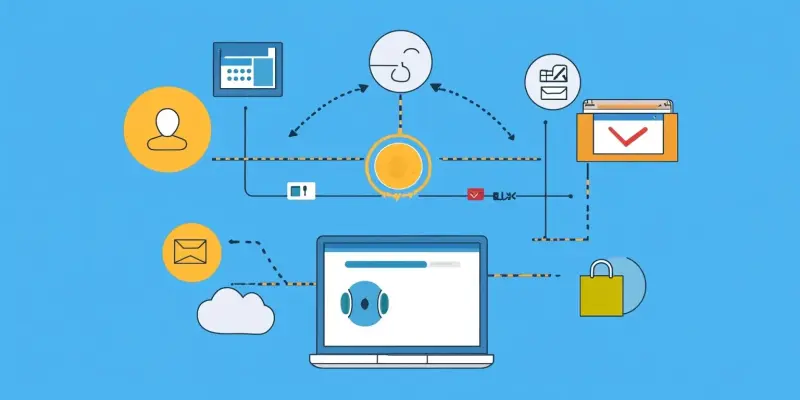In today’s competitive B2B landscape, sales professionals must adapt their strategies to align with the buyer’s journey. By understanding and supporting the buyer’s decision-making process, sales professionals can transform their role and build lasting relationships. Hence, adopting an approach that closely follows the buyer’s journey is essential for the success of sales teams.
Understanding the Buyer’s Journey
The Six Phases of the Buyer’s Journey
Buyers typically navigate through six key phases in their purchasing process: identifying problems, searching for information and solutions, evaluating alternatives, justifying financial expenditure, purchasing, and post-purchase evaluation. Each phase presents unique challenges and opportunities for sales professionals to add value. In the initial phase, where buyers identify problems, sales professionals can set the stage for the decision-making process.
The Gap Between Buyer’s Journey and Traditional Sales Process
A significant gap often exists between the buyer’s journey and the traditional sales process, leading to misunderstandings and ineffective strategies. This misalignment can cause sales professionals to push their agendas without genuinely addressing the buyer’s needs. To bridge this gap, sales professionals must shift their approach and adopt a more flexible and buyer-centric methodology. By actively listening to buyers and tailoring solutions to their needs, sales professionals can establish trust, credibility, and long-lasting partnerships, resulting in increased sales success and customer loyalty.
Meeting Buyers Where They Are
Engaging with Buyer’s Requirements
When buyers submit a Request for Proposal (RFP) with detailed requirements, salespeople should engage with the process rather than dismiss it. By delving into the rationale behind the buyer’s requirements, salespeople can gain valuable insights into the underlying business problems and priorities. Engaging with the RFP process also provides an opportunity to identify any gaps in the buyer’s knowledge and offer relevant insights that can guide and re-educate the buyer.
Sales professionals should prioritize asking questions like “What led you to reach out to us?” or “What business problems are these required capabilities meant to solve?” This approach helps build rapport and trust, setting the foundation for a successful partnership.
Asking the Right Questions
Effective sales professionals ask targeted questions to uncover critical information about the buyer’s needs and priorities. By asking these probing questions, sales professionals can craft customized solutions that address the unique needs of the buyer, positioning their offerings as ideal solutions.
Transforming Product Demos
Moving Beyond Product Features
Effective sales is not about showcasing product features but about fostering a deep understanding of the buyer’s challenges and crafting bespoke solutions. Sales professionals must shift their focus from a feature-centric approach to a solution-oriented one, engaging in consultative selling to present tailored solutions.
Crafting Context-Rich Presentations
Crafting context-rich presentations requires sales professionals to weave the buyer’s unique challenges and objectives into their demos. Instead of generic demonstrations, they should customize their presentations with real-life examples that resonate with the buyer’s situation, illustrating the tangible impact of their solution.
Building Trust and Credibility
Recognizing Buyer’s Uniqueness
Buyers need to be seen as unique entities with distinct needs and problems. Sales professionals must move away from generic pitches and focus on personalized interactions, showing empathy and understanding to build trust.
Addressing Gaps in Self-Diagnosis
To build trust and credibility, salespeople can help buyers identify and clarify gaps in their self-diagnosis. By offering alternative perspectives and innovative solutions, sales professionals can position themselves as knowledgeable advisors committed to the buyer’s success.
Aligning Strategies with the Buyer’s Journey
In today’s competitive B2B landscape, sales professionals face the critical task of aligning their strategies with the buyer’s journey. By understanding and supporting the buyer’s decision-making process at every stage, they can transform their roles from mere sellers to trustworthy advisors. This transformation improves customer satisfaction and drives long-term success. Therefore, adopting an approach that closely follows the buyer’s journey is essential for sustained success in the B2B realm.

